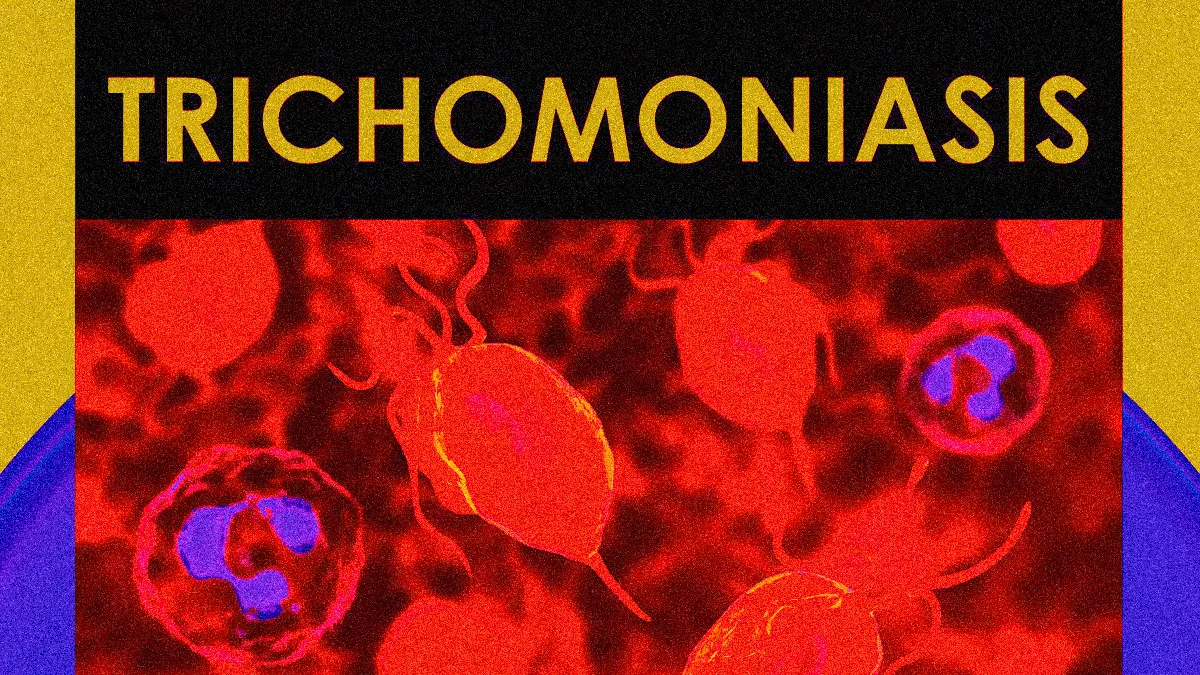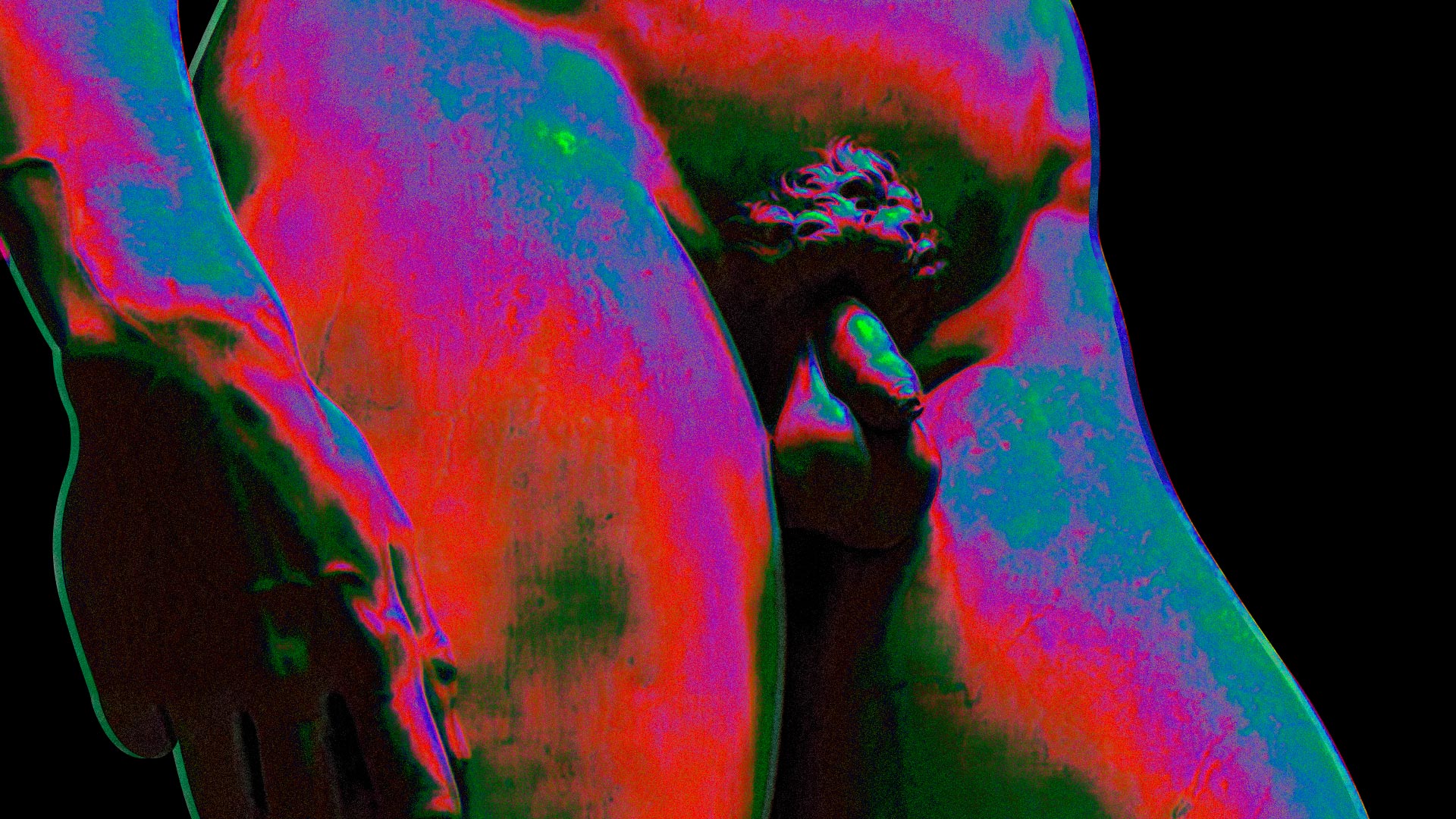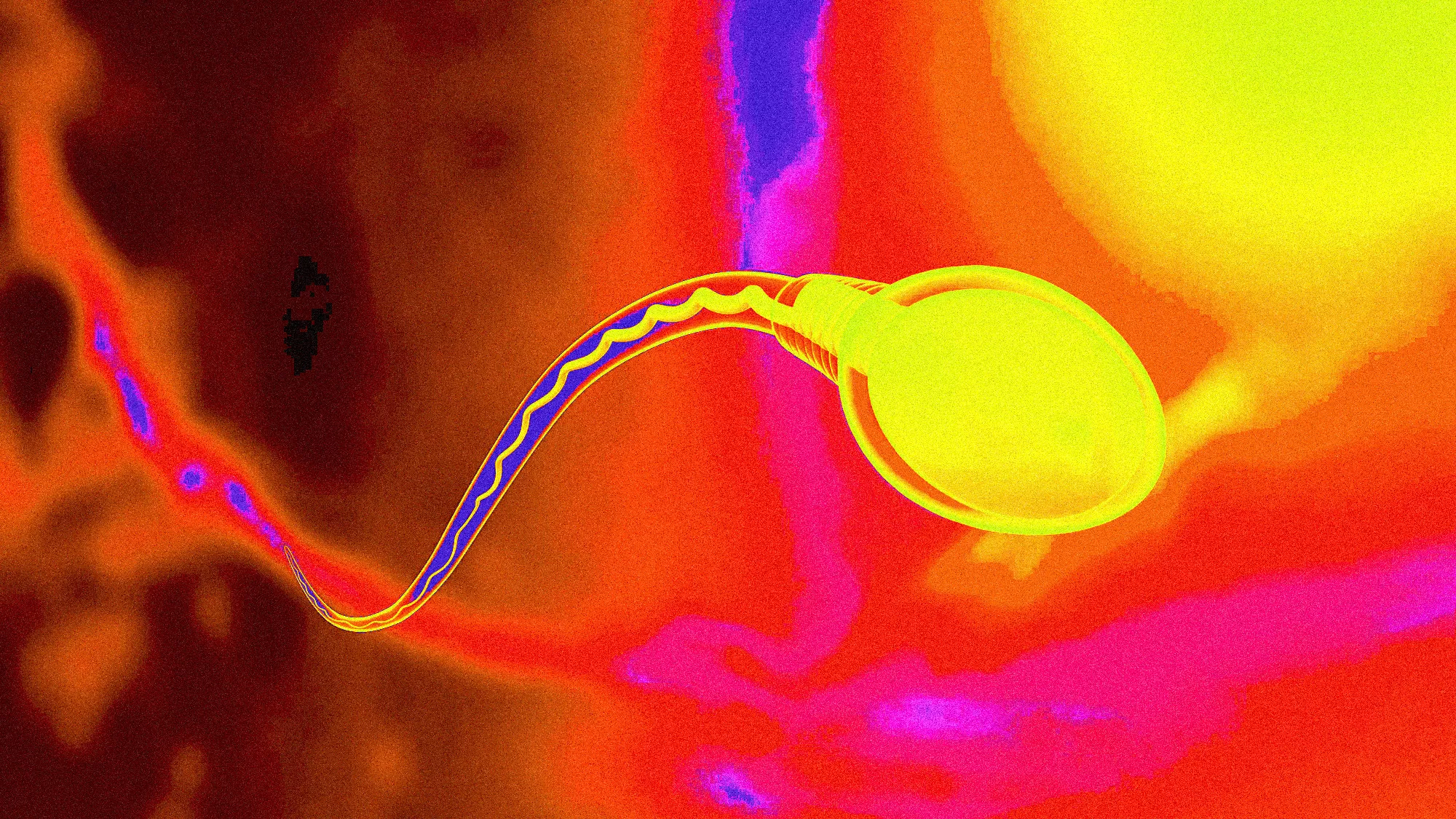TRICHOMONIASIS
10805
Trichomoniasis is a common sexually transmitted infection caused by a parasite.

Dr.Deyn | 9 August 2019, Reviewed and updated on 16 October 2024
TRICHOMONIASIS
What is trichomoniasis?
Trichomoniasis (or “trich”) is a very common sexually transmitted disease (STD). It is caused by infection with a protozoan parasite called Trichomonas vaginalis. Although symptoms of the disease vary, most people with the parasite cannot tell they are infected.
Contact us at info.bkk@pulse-clinic.com or chat on your preferred platform:
![]() +66 65 237 1936
+66 65 237 1936  @PULSEClinic
@PULSEClinic ![]() PulseClinic
PulseClinic
How common is trichomoniasis?
Trichomoniasis is the most common curable STD. In the United States, an estimated 3.7 million people have the infection. However, only about 30% develop any symptoms of trichomoniasis. Infection is more common in women than in men. Older women are more likely than younger women to have been infected with trichomoniasis.
How do people get trichomoniasis?
The parasite passes from an infected person to an uninfected person during sex. In women, the most commonly infected part of the body is the lower genital tract (vulva, vagina, cervix, or urethra). In men, the most commonly infected body part is the inside of the penis (urethra). During sex, the parasite usually spreads from a penis to a vagina, or from a vagina to a penis. It can also spread from a vagina to another vagina. It is not common for the parasite to infect other body parts, like the hands, mouth, or anus. It is unclear why some people with the infection get symptoms while others do not. It probably depends on factors like a person’s age and overall health. Infected people without symptoms can still pass the infection on to others.
What are the signs and symptoms of trichomoniasis?
About 70% of infected people do not have any signs or symptoms. When trichomoniasis does cause symptoms, they can range from mild irritation to severe inflammation. Some people with symptoms get them within 5 to 28 days after being infected. Others do not develop symptoms until much later. Symptoms can come and go.
Men with trichomoniasis may notice:
- Itching or irritation inside the penis;
- Burning after urination or ejaculation;
- Discharge from the penis.
Women with trichomoniasis may notice:
- Itching, burning, redness or soreness of the genitals;
- Discomfort with urination;
- A change in their vaginal discharge (i.e., thin discharge or increased volume) that can be clear, white, yellowish, or greenish with an unusual fishy smell.
Having trichomoniasis can make it feel unpleasant to have sex. Without treatment, the infection can last for months or even years.
Window Period of Trichomoniasis
Typical Duration:
- The window period for trichomoniasis typically ranges from 5 to 28 days after exposure.
- While symptoms may develop as early as 5 days, many individuals may remain asymptomatic for weeks, making it challenging to identify the infection promptly.
Importance of Early Detection:
- Early diagnosis and treatment are crucial to prevent complications such as:
- Increased susceptibility to sexually transmitted infections (STIs), including HIV.
- Pelvic inflammatory disease (PID) in women, which can result in long-term health issues such as infertility.
Because many individuals with trichomoniasis may not show symptoms, regular screening is recommended for sexually active individuals, especially those with multiple partners. If you suspect exposure or experience symptoms, consulting a healthcare provider is important for timely testing and treatment.
What are the complications of trichomoniasis?
Trichomoniasis can increase the risk of getting or spreading other sexually transmitted infections. For example, trichomoniasis can cause genital inflammation that makes it easier to get infected with HIV, or to pass the HIV on to a sex partner.
How does trichomoniasis affect a pregnant woman and her baby?
Pregnant women with trichomoniasis are more likely to have their babies too early (preterm delivery). Also, babies born to infected mothers are more likely to have a low birth weight (less than 5.5 pounds).
How is trichomoniasis diagnosed?
It is not possible to diagnose trichomoniasis based on symptoms alone. For both men and women, your healthcare provider can examine you and get a laboratory test to diagnose trichomoniasis.
PCR Multiplex DNA Test for 28 Infections 




Our STD PCR Multiplex test offers advanced technology to detect up to 28 infections, including Gonorrhea, Chlamydia, Syphilis, Herpes Simplex, Trichomonas, and Candida strains, all in one test. It can identify infections in various anatomical areas, such as the throat, urethra, anorectal region, vagina, cervix, sperm, and skin lesions. For urethral infections, the Urine PCR is recommended, while the Throat Swab PCR is ideal after oral sex. Anal Swab PCR is advised for unprotected anal sex, and the Vaginal Swab PCR is recommended for vaginal sex, with staff guidance available for all tests.
What is the treatment for trichomoniasis?
Trichomoniasis can be treated with medication (either metronidazole or tinidazole). These pills are taken by mouth. It is safe for pregnant women to take this medication. It is not recommended to drink alcohol within 24 hours after taking this medication.
People who have been treated for trichomoniasis can get it again. About 1 in 5 people get infected again within 3 months after receiving treatment. To avoid getting reinfected, make sure that all of your sex partners get treated. Also, wait 7- 10 days after you and your partner have been treated to have sex again. Get checked again if your symptoms come back.
How can trichomoniasis be prevented?
The only way to avoid STDs is to not have vaginal, anal, or oral sex.
If you are sexually active, you can do the following things to lower your chances of getting trichomoniasis:
- Be in a long-term mutually monogamous relationship with a partner who has been tested and has negative STD test results;
- Use latex condoms the right way every time you have sex. This can lower your chances of getting trichomoniasis. But the parasite can infect areas that are not covered by a condom – so condoms may not fully protect you from getting trichomoniasis.
Another approach is to talk about the potential risk of STDs before you have sex with a new partner. That way you can make informed choices about the level of risk you are comfortable taking with your sex life.
If you or someone you know has questions about trichomoniasis or any other STD, talk to a healthcare provider.
PULSE Teleconsult: Connect with Doctors Anytime, Anywhere!
PULSE now offers PULSE Telemedicine & Teleconsult, enabling both new and existing patients to connect with doctors over 20 branches across 6 countries during clinic hours for non-emergency consultations. After the consultation, medications are delivered directly to the patient's doorstep.
3 Easy Steps to Get a Teleconsult with PULSE!
- Connect with us Either on WhatsApp, or Line App to Chat with us or call us to talk with our staff to request teleconsult.
- Verification & Consultation Our team will guide you through the verification process before your online consultation. Our doctors provide virtual consultations via available platforms, just like a traditional visit—only from the comfort of your home! Access care anywhere, anytime.
- Get Your Treatment From Home! If your doctor determines that medication is necessary, they will provide you with a medical certificate and prescription. Your medication can be delivered to your address through our online delivery service, or in some cases, you may choose to use the prescription at a local pharmacy. For certain conditions, further lab tests may be required, and the doctor may recommend scheduling an appointment at one of our clinics near you!
Test of Cure After Treatment with Our Teleconsult Services: Ensuring Complete Recovery
After completing treatment through our teleconsult services, your doctor may recommend a PCR test as a follow-up test of cure. This is to ensure the effectiveness of the treatment and that the prescribed medication has successfully eliminated the infection. We prioritize your health by confirming that no infection remains in your system, helping to prevent persistent or recurrent infections, complications, or the development of drug resistance. Typically, this test is performed around three weeks after your final day of treatment to ensure optimal results.
Teleconsult is now available for booking through our staff at PULSE Clinic. Our team will help guide you through the process to ensure your session with one of our doctors goes as smoothly as possible for you. Contact us at info.bkk@pulse-clinic.com or chat on your preferred platform:
Trust PULSE CLINIC to take care of your health like other 45000 people from over 130 countries. We provide discreet professional service with high privacy. Here to help, not to judge.
Add us on Line and stay in touch.
Loading...
Clinic Locations
Loading...








